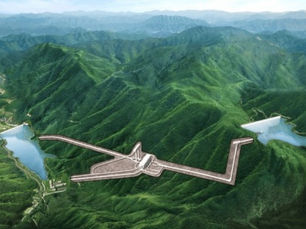Spain's Massive blackout highlights renewables' grid challenge
- Energy Box

- May 6, 2025
- 1 min read

The cause of the April 28 blackout in Spain and Portugal remains unclear, but it has spotlighted concerns about solar and wind energy’s impact on grid stability.
Modern grids must balance supply and demand in real-time. Traditional power plants (coal, gas, nuclear, hydro) provide inertia through spinning turbines that stabilize frequency. In contrast, renewables rely on electronic systems, which lack this stabilizing effect.
Jose Luis Dominguez-Garcia of the Catalonia Energy Research Institute (IREC) notes renewables must provide not just clean energy, but grid support, especially in inertia. Marc Petit of CentraleSupelec emphasizes the stabilizing role of hydro and nuclear plants due to their rotating systems.
To offset renewables' lack of inertia, technologies like gravity storage, compressed air, and flywheels (used in the UK) are being deployed. Storage becomes critical, especially when solar/wind output drops. Currently, backup is provided by thermal, nuclear, or hydro sources. Battery storage, mostly led by China, will need to expand sixfold by 2030, per the IEA.
Mike Hogan from the Regulatory Assistance Project (RAP) stresses that blackouts usually stem from transmission failures, not generation. Europe must invest tens to hundreds of billions of euros to modernize grids and improve interconnections—like the France-Spain link set to double capacity by 2028.














Comments